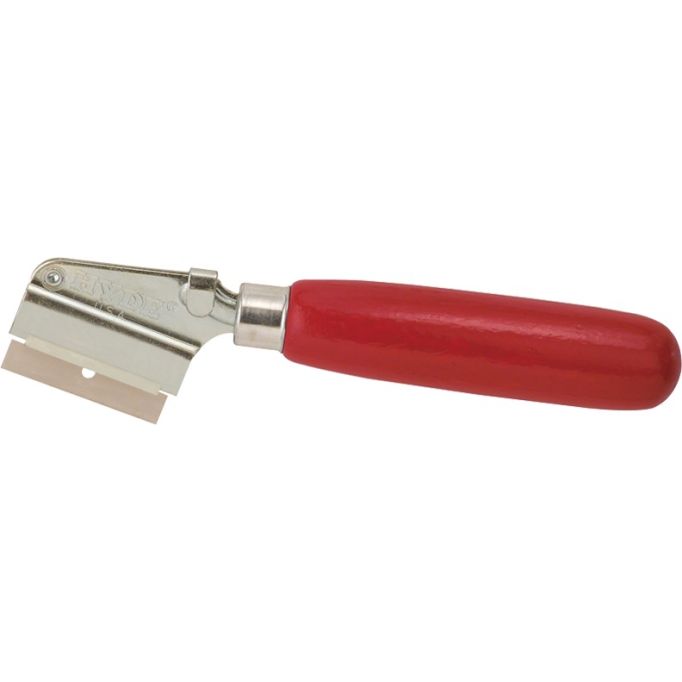I recently sold my house that had some Nest cameras which I was very happy with. I'm closing on a new place and had planned to get new Nest cameras for it, but this morning I received an email from Google with the following text. I don't want AI integration for my cameras, so will be looking for a different solution.
Nest Aware is being upgraded to become Google Home Premium, evolving from a camera subscription into a service for your whole home. We’re unlocking the power of AI to make your home smarter, safer, and more effortless with Gemini for Home.1,2
With Gemini for Home, your Nest Cams and Doorbells, and compatible smart home devices get more powerful AI security features, and your Google and Nest speakers and displays get a more helpful voice assistant.1,3
What’s new?
Google Home Premium unlocks a range of new capabilities with Gemini for Home across your smart home devices. We’ve also brought new improvements to all Nest Cams.1
Standard plan (formerly known as Nest Aware)
- Gemini Live immersive conversational AI1,3
- Easy home automations with Help me create1,3,4
- Intelligent alerts with zoomed-in previews1
- 30 days of full event video history1,5
Advanced plan (formerly known as Nest Aware Plus)
- AI descriptions explain each camera event1,3,6
- AI notifications update alerts with a description1,3,6
- Ask Home video history search1,3,6
- 60 days of event-based history and up to 10 days of continuous video recording1,5
Learn more about Google Home Premium, device eligibility, and new features here.
1 Some features available initially on select devices in select countries and languages, and expanding through early 2026. Learn more.
2 Subscription services may be required for certain content.
3 Requires Google Home app, Wi-Fi, and internet connection. Features subject to change; available in select countries and languages. Gemini features work independently of Gemini apps. Check responses for accuracy; results may vary.
4 Home automations may require additional enrollment and setup, and depend on working internet, Wi-Fi and service availability for compatible smart home devices (sold separately) included in the automations.
5 Some features, including mobile and browser notifications, remote control, and sound detection, video recording, video streaming and video history require the Google Home app and working internet and Wi-Fi.
6 Requires Google Home Premium Advanced plan.




Yeah, this is 100 percent true. It doesn't even have to be what you do for a living. I used to really enjoy cooking, but once I got a family and had to cook meals every day, whether I felt like it or not, it became a chore. As chores go, it was still better than most, but it stopped being something I looked forward to.